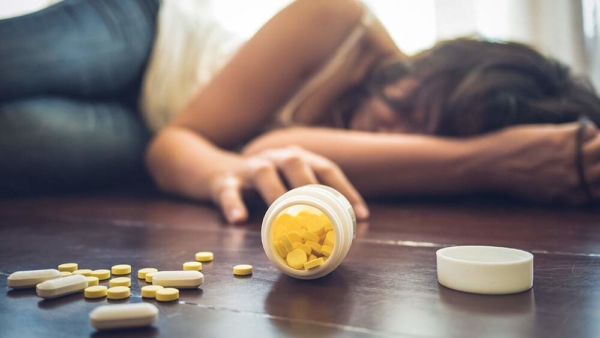Opioid Abuse Leads To Harmful Consequences
Taking prescription opioids to manage pain is part of everyday life for millions of people. As a mentor presenting vital guidance to your friends and loved ones it is important that you know how to spot problems and behaviors that are associated with opioid abuse, opioid dependency, and an opioid overdose.
The first sign of dependency is a fairly obvious one. Prescription medication comes with detailed information on when and how much medication should be taken. If you notice someone taking their meds more than instructed – or at a higher dose than instructed – then there is already a problem. This is because they need to increase their exposure to the drug in order to find relief that was manageable before, but might be quickly spinning out of control.
Other signs of dependency are what you would expect from a category of drugs – including the lines of morphine, oxycodone, and fentanyl – that have the ability to take over a person’s life. Increased tolerance begets persistent use of the drug despite obviously harmful consequences. A person will lose interest in their normal activities, obligations, and routines as they fall victim to the drug, becoming ever more dependent and moving one step closer to a life threatening – and often life taking – overdose.
The signs of an overdose are terrifying, but if you know anyone who is on opioids – be it for a legitimate reason or not – then it is important to recognize them instantly. The difference between an overdose and a very strong high are not always that obvious, making it even harder to tell if a person is in serious danger.
Overdose symptoms include:
- Labored, slow, or even zero breathing
- Limp body
- Pin-point pupils
- Pale, cold or blue skin
- Choking and/or gurgling sounds
- Unresponsive to anything you do
Overdoses are killers, and you must react in a rapid and calm way to find help quickly. As dependency often falls along multiple lines, be aware the chances of overdose has vastly increased when opioids are mixed with sedatives and/or alcohol.
Prevention is always going to be the first choice when dealing with opioid abuse, doing whatever it takes to help someone get away from the drugs that are hurting them. Sometimes – even with the best will in the world – this isn’t possible and in those situations knowing if it is an opioid overdose or a strong high can be the difference between life and death.
“It is important that we change the viewpoint that our nation and the medical community currently has about opioid addiction,” says Dr. Andre Waisman, founder of The ANR Clinic which educates and treats opioid addictions around the world. “Rather than treating it as a chronic relapsing illness, doctors should approach it from the angle of a disease for treatment of the root cause rather than only it’s symptoms. By doing so we can move forward towards an age where treatment is no longer the same unsuccessful methods from 30 years ago but rather a more beneficial and humane treatment for patients of opioid addiction.”
For more information or for treatment of opioid addictions, call The ANR Clinic in Tampa, FL at (813) 750-7470.
Article by Vital Guidance






